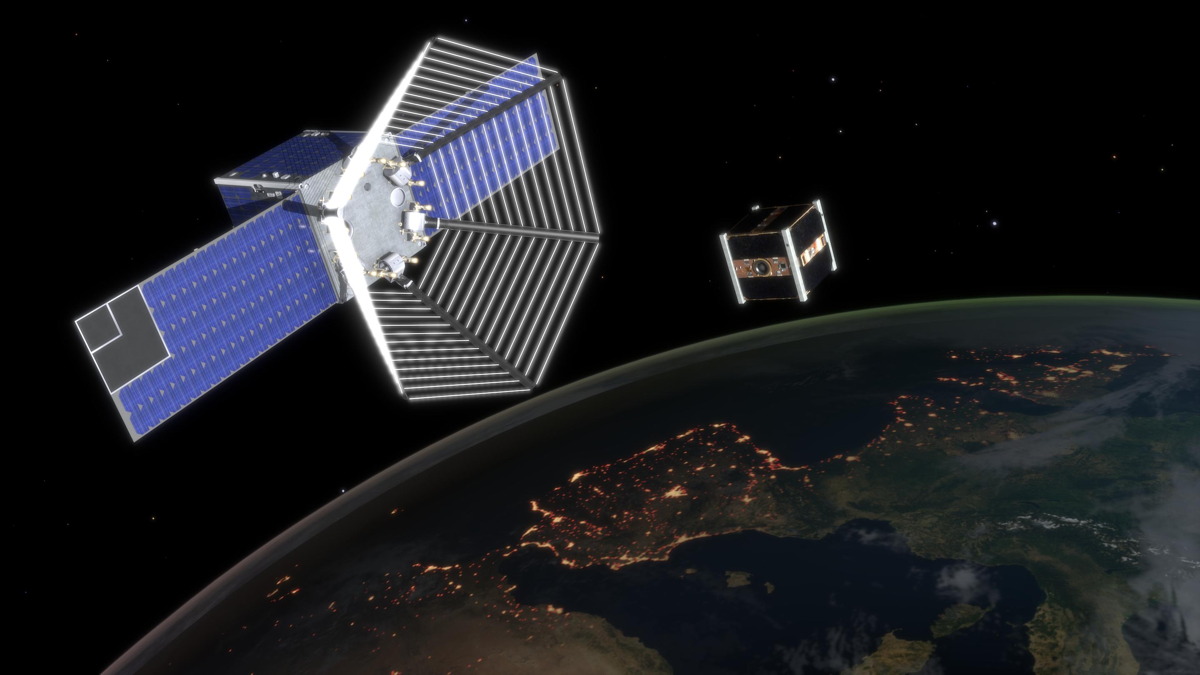

On March 16, General David Thompson, the U.S. Increased space traffic will make the job harder, but it will also push up demand. satellite operator Viasat Inc., aren’t “consistent with risk and forms of damage that are likely to occur,” because any single collision could massively accelerate the risks for future events. Space junk remediation efforts, says Mark Dankberg, chairman of U.S.

There’s concern that the effort to clean up space may be coming too late. The private Space Data Association, based on the Isle of Man, tracks most geostationary satellites to warn operators of potential collisions, and there’s a move to create a similar body for satellites in low-Earth orbit, according to Nick Shave, chairman of the trade organization UKspace.īritish diplomats are pushing for a legal framework that would require spacecraft owners to take responsibility for destroying their equipment at the end of its life and to allow one nation’s cleanup vehicle to remove another country’s junk. A Royal Air Force space operations center is already developing techniques to observe and categorize debris. has expertise in space law, regulation, and insurance, as well as infrastructure for monitoring space weather that can affect satellites. OneWeb’s satellites are equipped with docking plates to couple with Astroscale’s cleanup vehicle, which would make it easier for the startup to remove the satellites after they’re decommissioned. allowed the venture to fail, it may have been liable had one of them smashed into something. OneWeb is launching more than 600 satellites into the most congested orbital plane, about 150 of which are already in orbit. Prime Minister Boris Johnson reset the U.K.’s space ambitions last year when he spent $500 million to bail out OneWeb, a London-based rival to Elon Musk’s Starlink network. military’s GPS-a project into which the British government has invested hundreds of millions of pounds. The biggest immediate impact for the country is its loss of access to the most secure tier of Galileo-the EU’s answer to the U.S. Its exit from the EU has further complicated matters, leading to the end of some joint projects, which has deprived both sides of technical expertise. Astroscale is the first private company with a vision to secure the safe and sustainable development of space for the benefit of future generations. and China, the U.K.’s space program has faced years of underinvestment.

Once this is done, CleanSpace One will “de-orbit” the unwanted satellite by heading back into the Earth’s atmosphere, where the two satellites will burn upon re-entry.Although it has more space-focused startups than any country except the U.S. Once it is within range of its target (which will be traveling at 28,000 km/h at an altitude of 630-750 km), CleanSpace One will have to grab and stabilize it using a special gripping mechanism. This is not an easy job and the EPFL are curently working on a new kind of ultra-compact motor to do this. Once in orbit, CleanSpace One will have to adjust its trajectory in order to match its target’s orbital plane. For its first mission, the spacecraft will be tasked with targeting either Switzerland’s first orbiting object, the Swisscube picosatellite which was put in orbit in 2009, or its cousin TIsat, launched in July 2010. CleanSpace One is the Swiss Space Center’s first prototype in a family of “de-orbiting” satellites. “It has become essential to be aware of the existence of this debris and the risks that are run by its proliferation,” says Claude Nicollier, astronaut and EPFL professor. This is because if they collide with spacecraft or satellites at high speed, massive damage can occur.

Of the thousands of pieces of space junk in orbit, NASA is monitoring at least 16,000 of these objects that are larger than 10 cm in diameter.


 0 kommentar(er)
0 kommentar(er)
